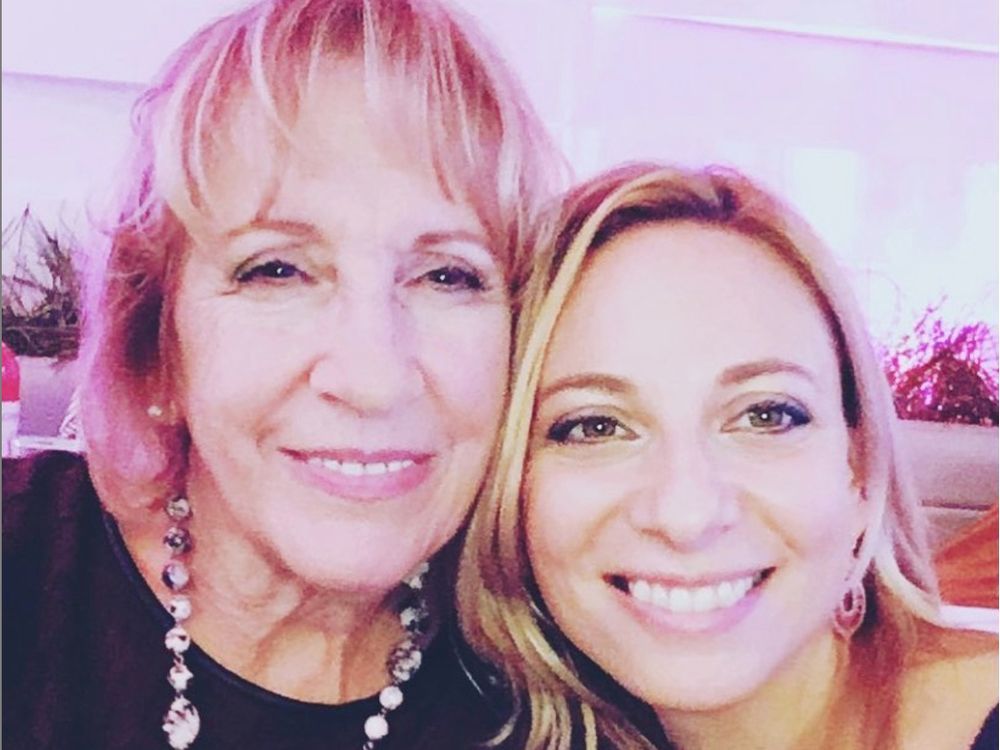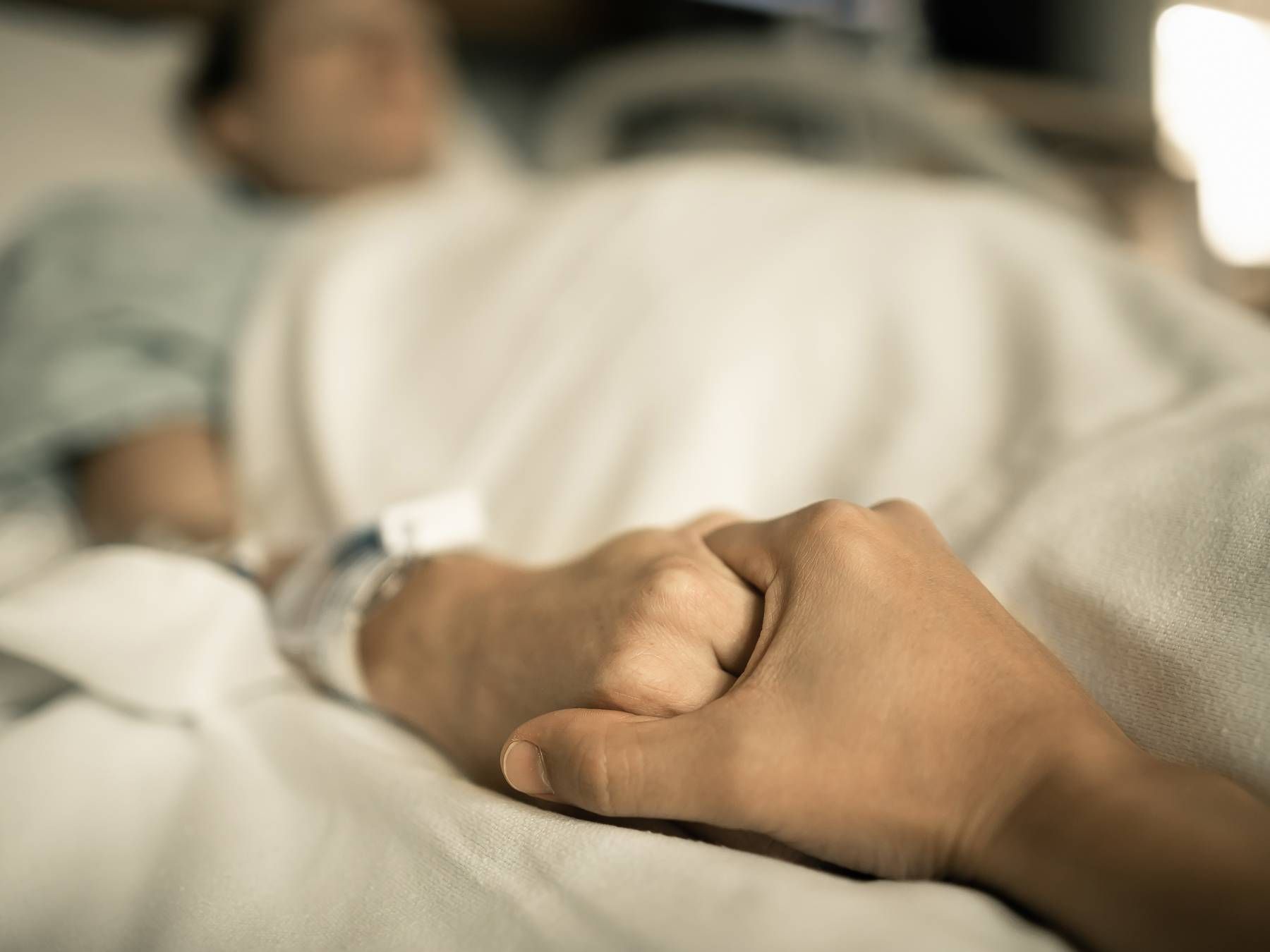behind me were two were paramedics wiping down a stretcher as they debated the newest injury on the blue jays roster.
“they will never let that in,” one of the paramedics said, pointing to my bag. i showed them my mother’s ominous text. “what about now?” i asked, feeling desperate. “i need to see my brother.”
“you can’t,” he said. “it’s hard to be on the inside, you know.”
it’s hard to be on the outside, too.
globe and mail columnist
elizabeth renzetti recently wrote about what it’s like on the inside for toronto’s nurses. she described lack of staffing, the extraordinary daily pressures driving nurses into private care, and perhaps most disturbing, the mental cost of seeing so much human anguish and suffering every day. one nurse shared the rage and devastation of families who can’t see loved ones, heartbroken by loss and not getting the chance to say goodbye.
i, too, didn’t get to say goodbye.
on monday, after two days in hospital, my little brother, 46, went into cardiac arrest. the icu doctor called to tell me that he passed away just minutes before, and he quietly invited me to come to the hospital. what i saw there was exactly what you imagine — rooms with patients on ventilators, eyes closed, their faces barely visible because of the thick oxygen masks fitted tightly over their mouth and noses. one room had a large sheet of paper stuck to the door — “patient paralyzed” was typed in big, bold black letters.
 5 minute read
5 minute read









